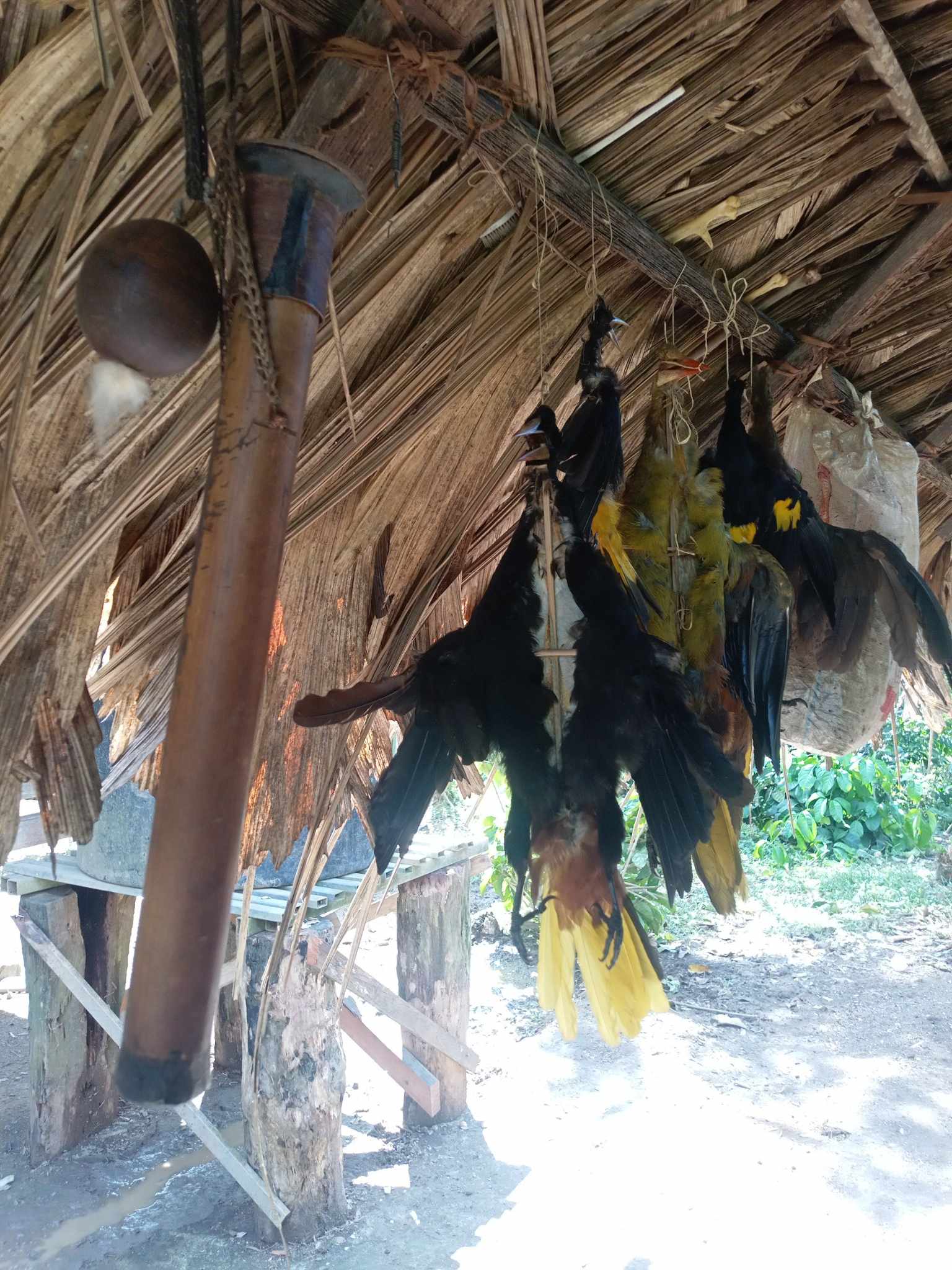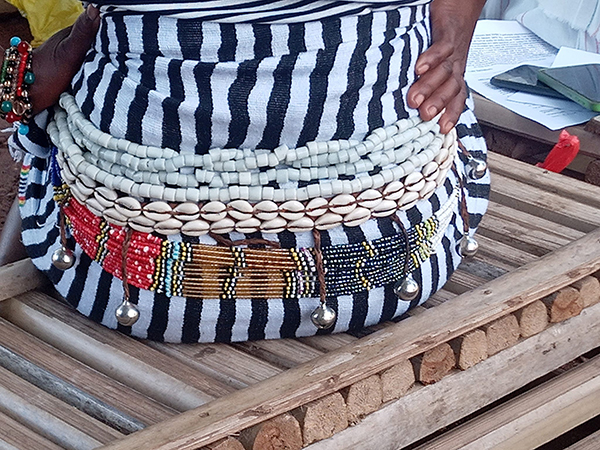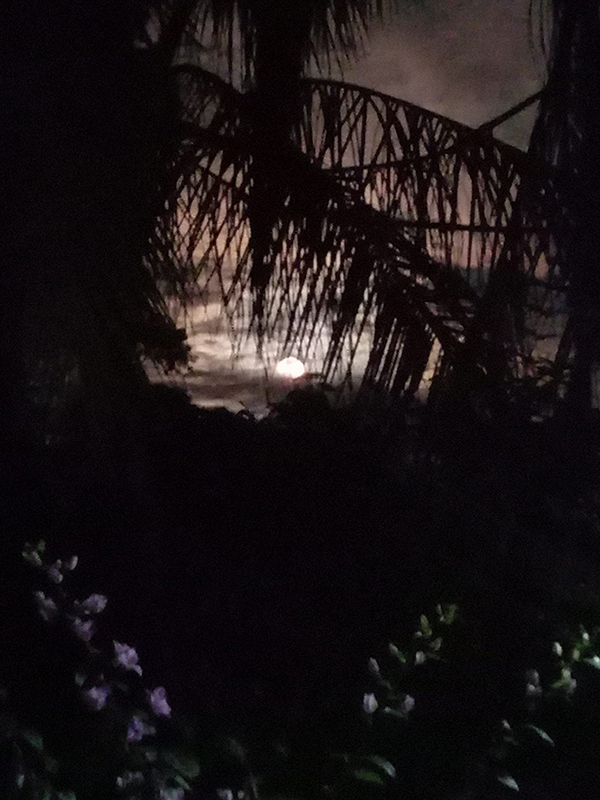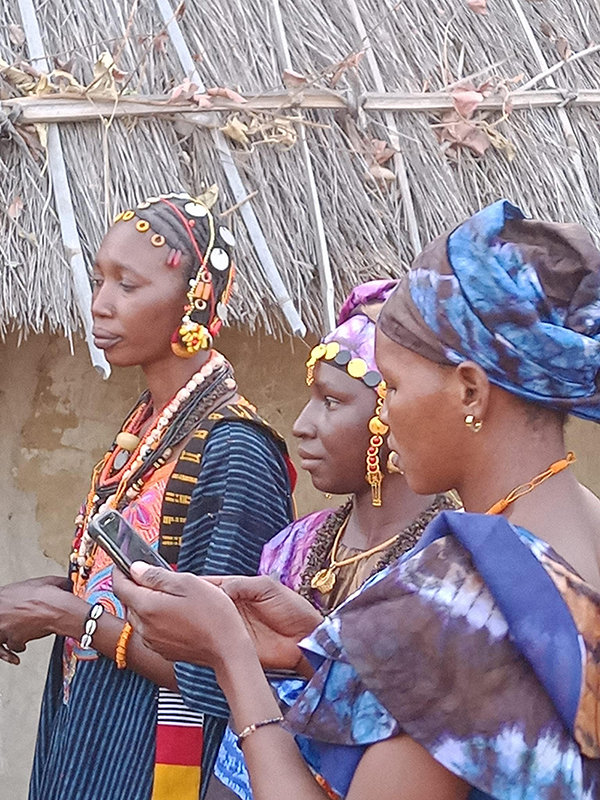This project is currently being developed as a supervision collaboration, being led from Goldsmiths, University of London. The research examines dance sequences of similar socio-emotional significance in eleven small-scale societies to test the hypothesis that rhythm originates in mutual entrainment as opposed to originating in external entrainment to a musical beat. The small scale societies are Bohinemo, Fore, and Trobrianders (Papua New Guinea), Sadong (Borneo), Dani (Indonesia), Serer-Safen and Bedik (Senegal), Waorani (Amazonian Ecuador), Inuit (Greenland and/or Alaska), and Sami (Finland and/or Norway). Only ethnographic research is undertaken on Dioula dances in Cote d’Ivoire. So far, data collection was completed in Senegal, with a base at Université Cheikh Anta Diop de Dakar (UCAD), and at the West African Research Center, Dakar, and in Ecuador, with a base at Universidad San Francisco de Quito (USFQ), although further data may still be collected in these countries. The fieldwork undertaken so far in Africa and South America was funded by the Leverhulme Trust.

Decorative game in a Waorani house in Apaika in the Amazonian rainforest

Mamadou and Tudor discussing field work logistics at UCAD-Senegal in January 2021

Women’s dance belt in Bandafassi village, Kedougou region, Senegal, September 2023

Moonrise in the Amazonian rainforest near Meninpare, Pastaza province, Ecuador, September 2024




